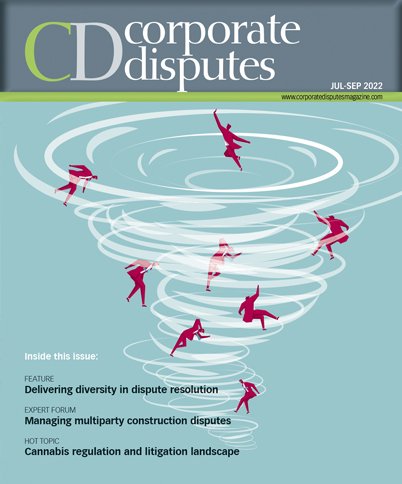CLIMATE CHANGE IMPACT ON WARRANTIES AND INDEMNITIES IN THE CONTEXT OF A BREACH
Warranties are common in commercial transactions, and they are typically used to transfer risk between the purchaser and the seller. These warranties are typically negotiated between the buyer and seller and give the buyer protection should a risk arise. One of the key risks the buyer is trying to protect against is that the seller has failed to provide full and complete information.
The purpose of the warranty is that if it later arises that the information is not as warranted i.e., the information is incomplete, the buyer has protection and is able to make a claim for damages under the stipulations in the contract.
One of the more common warranties included in a sale and purchase agreement is warranted financial statements. Therefore, a common breach of warranty claim relates to unintentional or intentional errors or misstatements in the financial statements, for example incorrect historical revenue. In this example damages are usually calculated to put the party back in the position it would have been but for the breach, and the damages will generally be the difference between the purchase price and the actual value taking into account the correct information.
With the increased importance of climate change globally, this is likely to have a significant impact on the types of warranties negotiated in a sale process and also give rise to additional risks that may result in further and different claims for breach of warranties. This article explores the anticipated requirements of financial statements in the reporting on environmental, social and governance (ESG) matters and the impact from a warranties perspective.

